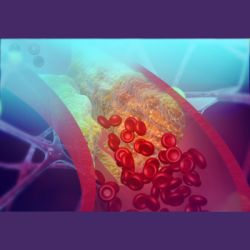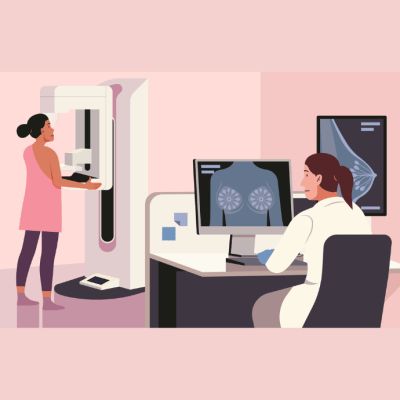Trust is one of the most essential and fundamental parts of a doctor-patient relationship. Establishing and maintaining trust with the physician is known to lead to positive patient health outcomes.For example, it can help to reduce patient stress, increase patient satisfaction and increase the placebo response.
A research team,from the University of Miami in Florida, used functional magnetic resonance imaging (fMRI) and virtual medical interactions to investigate whether brain activity in regions involved in pain would be affected when patients remember uncomfortable experiences. It was predicted that participants would report increased levels of pain in response to images of virtual doctors, whom they did not trust. Activity in pain-related brain regions would be monitored to prove this prediction.
Prior to the fMRI session, 42 participants were screened to ensure they could bear the heat stimulus. Heat levels, applied to the forearms of participants, correlated with pain levels normally experienced during outpatient diagnostic procedures.
The experiment used virtual clinicians, and their facial expressions were digitally manipulated to portray varying levels of trustworthiness.
The team discovered that when patients received high levels of heat stimulation from low-trust doctors, it led to an increase in activity in multiple brain regions implicated in somatic pain.
Additionally, a lower level of trust in doctors was linked to increased activity in multiple brain regions implicated in nociception pain.
Overall, the higher the level of mistrust in participants towards healthcare organisations, the more they demonstrated higher activity levels in the supplementary motor area; the higher the pain intensity was rated in the presence of low-trust doctors.
The findings led to several implications for real-world medical care. Although the study used digital facial expressions to portray levels of trustworthiness in doctors, altering their facial expressions should not be a suggested intervention for improving patient level of trust.
The study concluded, “our results suggest that even small and implicitly perceived changes in trustworthiness in the doctor–patient interaction may improve patient health”(Anderson et al. 2022).
Source: Cerebral Cortex
References:
AndersonR Set al. (2022) Doctor trustworthiness influences pain and its neural correlates in virtual medical interactions, Cerebral Cortex, bhac281.



























